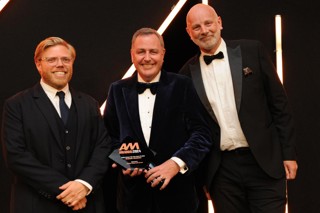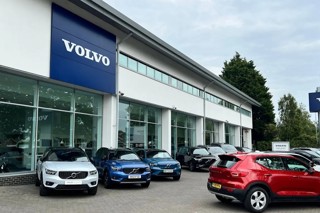Carmakers and dealers have fired their first shots in the battle over the future of Block Exemption. Last week they presented jointly to the European Commission a closely argued case why the present selective and exclusive distribution system represents “the best option” for consumers, dealers and manufacturers.
But, on the evidence of reaction in Brussels, the industry faces a long uphill struggle if it is to win the war.
Although the Commission insists all options are still open, Competition Commissioner Mario Monti has already made clear his hostility to the present legal framework.
The political climate in Brussels is for free-markets – not the style of restricted competition which Block Exemption provides.
European lobbyists and journalists at a briefing by Paolo Cantarella, Fiat chief executive, and David Evans, representing European dealers and repairers, were openly sceptical of many of the arguments they put forward.
Mr Monti has outlined several areas where he believes the present law has not achieved its objectives and will present his case formally later this month. He believes carmakers have too much power and have consistently abused the system they seek to defend. Recent fines of Volkswagen and Opel Holland would seem to strengthen his case.
But Mr Cantarella dismissed the judgments against selected manufacturers as insignificant. He said they related to only “a few thousand vehicles” when companies had sold over 150m cars in the past 10 years. Indeed he argued that, if the commission had only found such a small number of cases of abuse, it proved the system was a good one.
The motor industry case is founded on the argument that Block Exemption allows consistent and universal service across the whole of Europe.
Customers are guaranteed high quality sales, repair and maintenance, regardless of where the car was bought. Dealers and carmakers are guaranteed a stable framework to protect their investment.
“In a free-for-all environment, market forces would concentrate more profitable business in highly populated areas,” said Mr Cantarella. “Consumers could be stranded for high-tech safety and environmentally sensitive repairs.”
The carmakers and dealers make unlikely, but interdependent, allies. But both recognise the need to speak with a united voice if some framework is to be retained.
David Evans said the present system did have “imperfections” which needed to be addressed. But he said opening up new car sales to supermarkets, or splitting up sales and aftersales functions, would destroy the present “balanced” economy.
“This industry requires a high investment,” he said. “It is unlikely dealers would continue to invest in the whole range of services if other people are allowed to cherry pick the profitable areas.”
The carmakers refuse to even discuss what might happen if Block Exemption is scrapped. But many observers see the present growth of direct sales over the internet and investment in dealer networks as an emerging strategy.
Malcolm Harbour, MEP and expert on car distribution, believes the Commission will have to come up with some new, much looser framework for the future. But the voices calling for an open market are loud and, at the end of the day, it is Mr Monti who will decide.

















Login to comment
Comments
No comments have been made yet.